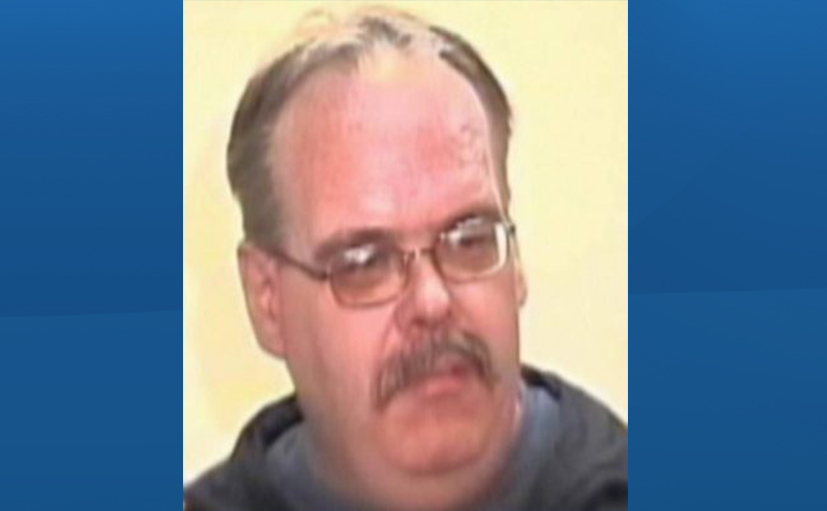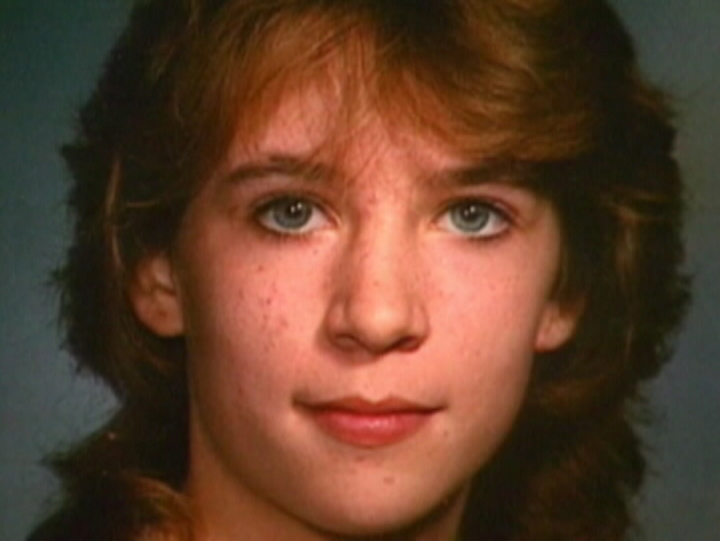WINNIPEG — The Derksen family is breathing a sigh of relief Friday after a Manitoba judge decided to admit crucial DNA evidence in the Mark Grant retrial.

Grant is on trial for the 1984 death of 13-year-old Candace Derksen.
In the decision Friday afternoon, Justice Karen Simonsen dismissed defence counsel’s application to have Grant’s case thrown out.
In February, Saul Simmonds, Grant’s lawyer, filed a motion to stay the case.
READ MORE: DNA expert slams testing process connecting accused killer to murder of Candace Derksen
Simmonds argued DNA tests on twine gathered at the murder scene in 1985 were flawed and there is none left that can be re-tested.
He said the judge should either throw out the evidence or release his client and end the retrial.
However, Judge Simonson disagreed and said the case would move forward to closing arguments.
Grant is accused of second-degree murder in the death of the 13-year-old girl and is standing trial for the second time.

Get daily National news
Derksen went missing in November 1984. Her body was found frozen to death in a storage shed in January of 1985, seven weeks after she went missing.
DNA played a key role in Grant’s 2007 arrest and the 2011 murder conviction. A forensic specialist told the jury at his first trial there was a one-in-50-million chance DNA found on the twine could belong to anyone except Grant.
Two years later, the Manitoba Court of Appeal overturned the conviction and granted a retrial in the case after ruling evidence about a possible “third-party suspect” was withheld from jurors during the first trial.
READ MORE: Timeline of the 33 year long Candace Derksen case
During the first day of Grant’s retrial, former Winnipeg police officers were questioned on whether they may have inadvertently contaminated the crime scene.
The DNA evidence that connected Grant to the twine used to bind the girl’s wrists and ankles has been repeatedly criticized by experts hired by the defence to review lab work from Thunder Bay-based Molecular World.
Dr. Frederick Bieber, a Harvard professor who specializes in DNA, testified during the retrial.
“There are so many problems in this case file that relate to the DNA testing performed that I would consider the results fatally flawed,” he testified.
Bieber told the court he found so many different problems with how Thunder Bay lab Molecular World handled the case file that in his opinion the whole report and its conclusions had been undermined.
“It’s among the most egregious departures from proper lab practice that I think I’ve ever seen,” said Bieber.
Closing arguments will be heard on May 11 and 12. No date has been set for the judge’s final verdict.









Comments